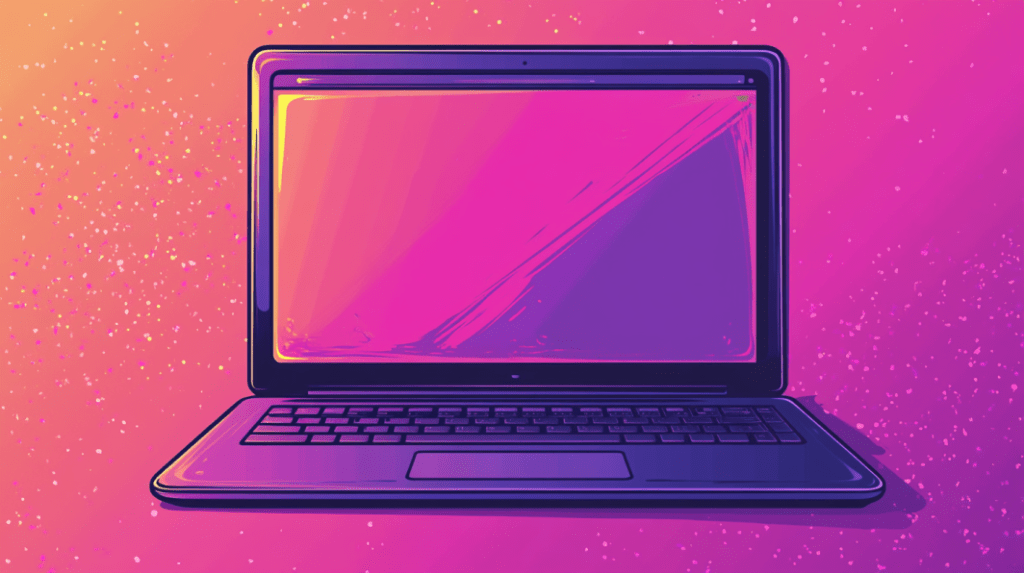On December 19, 2024, OpenAI announced significant updates to its desktop applications, highlighting expanded compatibility with various software and the introduction of Advanced Voice Mode functionality. This enhancement positions ChatGPT closer to becoming more integrated with personal computing tasks.
Initially, in November, the desktop app provided integrations with four different applications. As part of its "12 Days of OpenAI" event, the company revealed additional integrated development environments (IDEs), terminal programs, and text editing apps it aims to support.
The latest updates enable ChatGPT to work with several IDEs, including BBEdit, MatLab, Nova, Script Editor, and TextMate, along with VS Code for VSCode Insiders, VSCodium, and a range from the JetBrains suite such as Android Studio, PyCharm, and IntelliJ IDEA. New additions also include the Warp and Prompt terminal apps, joining previously integrated applications like VS Code, Xcode, and Terminal.
In addition to coding apps, OpenAI has also integrated productivity tools such as Apple Notes, Notion, and Quip. The Advanced Voice Mode will use these integrations to better understand the context of ongoing projects, provided that users grant permission for ChatGPT to access their applications.
OpenAI highlighted the importance of user consent for accessing applications within ChatGPT. This trend towards app integration with AI chatbots isn't new; for instance, GitHub Copilot had introduced similar functionalities in October. By linking applications to ChatGPT or Copilot, users can enjoy a context-aware chat experience that can assist in coding and project management.
Kevin Weil, OpenAI's chief product officer, emphasized the ongoing efforts to enhance the desktop application to create a more agency-driven user experience for ChatGPT. He noted that as the capabilities of their models improve, ChatGPT will evolve beyond answering queries to actively performing tasks on behalf of users.
He elaborated that desktop applications offer a range of functionalities beyond what a web browser can provide. For example, with user approval, ChatGPT could potentially gain access to the user's desktop environment, allowing for automation of various workflows.
If OpenAI expands ChatGPT's access to users' computers, it may closely resemble features offered by Anthropic's Claude, which can navigate and interact with a user’s computer interface. OpenAI has previously introduced a similar capability for the mobile version of ChatGPT, allowing users to share their screens for better engagement. Competing features have also emerged from Microsoft and Google.
For MacOS users, ChatGPT can be accessed while using other applications through the shortcut “option + space,” which opens a chat interface allowing users to select the desired application. Another shortcut, “option + shift + 1,” reveals the most recently used app. Users can also enable Advanced Voice Mode via the same interface.
This integration is available to ChatGPT Plus, Pro, Team, Enterprise, and Edu subscribers, although Enterprise and Edu users require permission from their IT administrators to activate the feature.
Initially, in November, the desktop app provided integrations with four different applications. As part of its "12 Days of OpenAI" event, the company revealed additional integrated development environments (IDEs), terminal programs, and text editing apps it aims to support.
The latest updates enable ChatGPT to work with several IDEs, including BBEdit, MatLab, Nova, Script Editor, and TextMate, along with VS Code for VSCode Insiders, VSCodium, and a range from the JetBrains suite such as Android Studio, PyCharm, and IntelliJ IDEA. New additions also include the Warp and Prompt terminal apps, joining previously integrated applications like VS Code, Xcode, and Terminal.
In addition to coding apps, OpenAI has also integrated productivity tools such as Apple Notes, Notion, and Quip. The Advanced Voice Mode will use these integrations to better understand the context of ongoing projects, provided that users grant permission for ChatGPT to access their applications.
OpenAI highlighted the importance of user consent for accessing applications within ChatGPT. This trend towards app integration with AI chatbots isn't new; for instance, GitHub Copilot had introduced similar functionalities in October. By linking applications to ChatGPT or Copilot, users can enjoy a context-aware chat experience that can assist in coding and project management.
Kevin Weil, OpenAI's chief product officer, emphasized the ongoing efforts to enhance the desktop application to create a more agency-driven user experience for ChatGPT. He noted that as the capabilities of their models improve, ChatGPT will evolve beyond answering queries to actively performing tasks on behalf of users.
He elaborated that desktop applications offer a range of functionalities beyond what a web browser can provide. For example, with user approval, ChatGPT could potentially gain access to the user's desktop environment, allowing for automation of various workflows.
If OpenAI expands ChatGPT's access to users' computers, it may closely resemble features offered by Anthropic's Claude, which can navigate and interact with a user’s computer interface. OpenAI has previously introduced a similar capability for the mobile version of ChatGPT, allowing users to share their screens for better engagement. Competing features have also emerged from Microsoft and Google.
For MacOS users, ChatGPT can be accessed while using other applications through the shortcut “option + space,” which opens a chat interface allowing users to select the desired application. Another shortcut, “option + shift + 1,” reveals the most recently used app. Users can also enable Advanced Voice Mode via the same interface.
This integration is available to ChatGPT Plus, Pro, Team, Enterprise, and Edu subscribers, although Enterprise and Edu users require permission from their IT administrators to activate the feature.
 News
News
 Games
Games
 Software
Software
 Music
Music
 Technology
Technology
 Hardware
Hardware
 eSports
eSports
 AI-Artificial Intelligence
AI-Artificial Intelligence
 Internet
Internet
